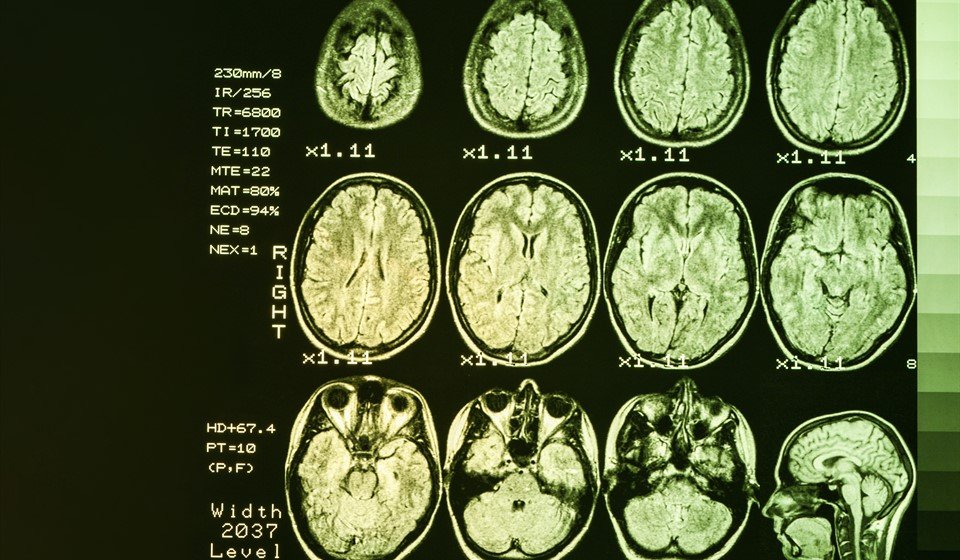Earlier diagnosis and treatment of Dementia in Parkinson’s

A research team at the UCL Queen Square Institute of Neurology – led by Dr Rimona Weil – has recently published research that suggests the monitoring of levels of iron in the brain might eventually help predict which people with Parkinson’s will go on to develop dementia.
A significant number of people with Parkinson’s will eventually develop cognitive impairments or dementia, but the severity and the onset of this affliction are currently unpredictable and vary greatly between people. The identification of biomarkers that can help to detect who will be affected would greatly help with earlier diagnosis and treatment.
Tiny amounts iron have been found to accumulate in people’s brains as a normal part of the ageing process. In Parkinson’s, however, these levels are higher than normal. And high levels of iron in the body can become toxic, killing cells and leading to proteins being irreversibly altered. Many of the proteins associated with neurodegenerative conditions like Parkinson’s are known to interact with iron. Consequently, monitoring iron levels over time could be a useful tool for predicting cognitive issues or dementia in people with Parkinson’s.
In their study, the researchers recruited 100 people with Parkinson’s (and 37 unaffected individuals to act as control subjects), supported by Cure Parkinson’s. They were administered both cognitive and clinical assessments, as well as a brain imaging technique called quantitative susceptibility mapping (or QSM). QSM determines iron levels in different regions of the brain and then maps them onto magnetic resonance imaging (or MRI) images of the brain.
The researchers found that people with Parkinson’s had increased levels of iron in their brains compared with the control group. They also reported that iron accumulation in two regions of the brain involved in memory (the hippocampus and the thalamus) was associated with poor memory and thinking scores in people with Parkinson’s who had not at the time been diagnosed with dementia. They concluded their study by suggesting that their findings have important implications for brain imaging biomarkers for Parkinson’s and associated conditions, and this could have important applications in both the clinic and in therapeutic trials.








